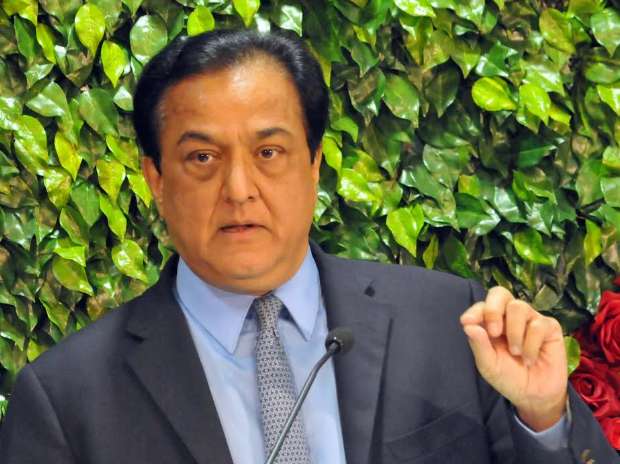On a day when the government vested more powers in the
Reserve Bank of India (RBI) in the war against bad debt, the central bank imposed a corrective action plan (CAP) on a wide range of restructurings exercised by banks.
Such a CAP was till now applicable for only the Joint Lenders’ Forum (JLF) mechanism. It is enforced to preserve the economic value of stressed assets. A specified timeline is framed by banks, with disincentives in the form of asset classification and accelerated provisioning where lenders fail to adhere to the JLF Framework.
Now, the CAP will be applicable for such schemes as a flexible structuring of project loans, change in ownership under Strategic Debt Restructuring and the Scheme for Sustainable Structuring of Stressed Assets (‘S4A’), etc.
“In this context, it is reiterated that lenders must scrupulously adhere to the timelines prescribed in the framework for finalising and implementing the CAP. To facilitate timely decision making, it has been decided that, henceforth, the decisions agreed upon by a minimum of 60 per cent of creditors by value and 50 per cent of creditors by number in the JLF would be considered as the basis for deciding the CAP, and will be binding on all lenders,” went the RBI notification on its website.
“Lenders shall ensure that their representatives in the JLF are equipped with appropriate mandates, and that decisions taken at the JLF are implemented by the lenders within the timelines.”
Also, the central bank put strict criteria for all participating banks in the process. “The stand of participating banks while voting on the final proposal before the JLF shall be unambiguous and unconditional,” RBI directed. “Any bank which does not support the majority decision on the CAP may exit, subject to substitution within the stipulated time line, failing which it shall abide by the decision of the JLF.”
Banks should implement the JLF decision without any additional conditionalities. And, bank boards “shall empower their executives to implement the JLF decision without requiring further approval from the board”.
Any non-adherence to the instructions and timelines specified under JLF will attract monetary penalties, RBI cautioned.
Earlier in the day, ICICI Bank's managing director, Chanda Kochhar, had complained that not all banks in a JLF adhered to decisions taken by consensus, and that they don’t stick to timelines on a resolution process, derailing the latter.


